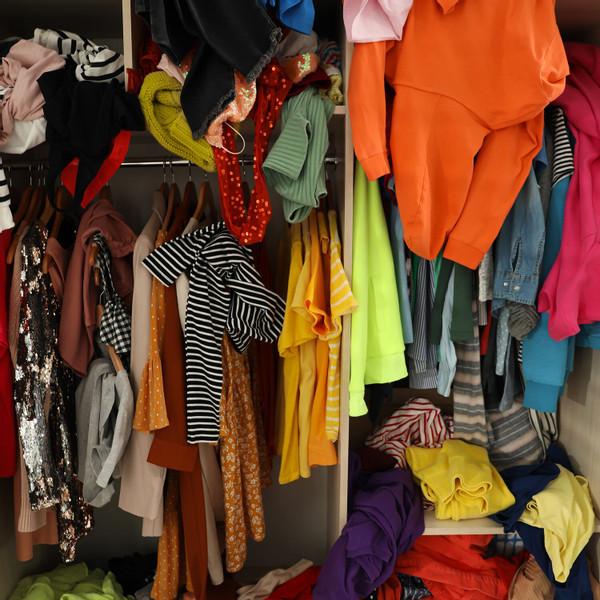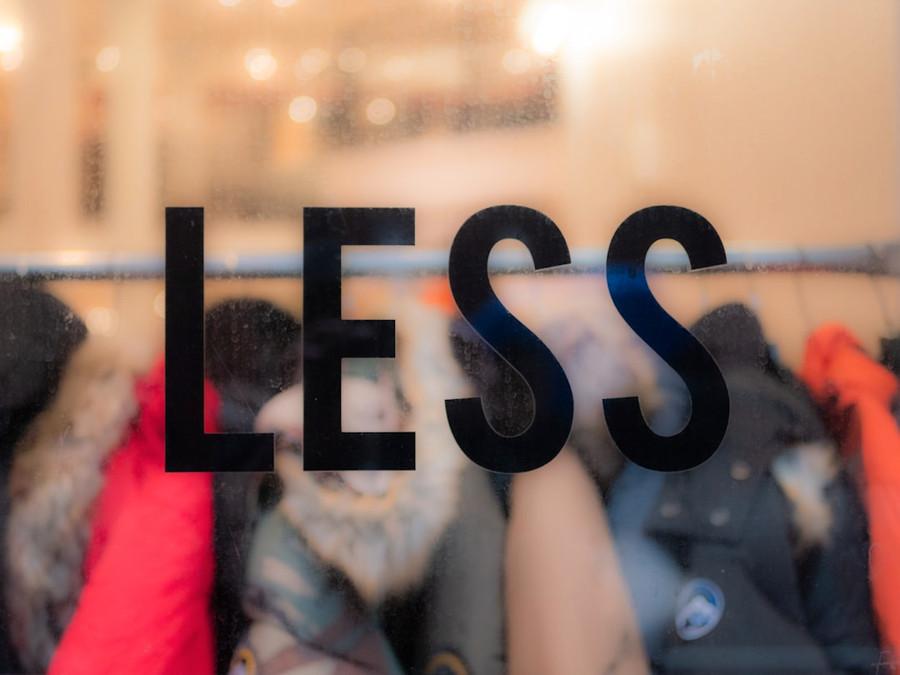Explore the World's Best Ideas
Join today and uncover 100+ curated journeys from 50+ topics. Unlock access to our mobile app with extensive features.
Compulsive Shopping Of Stuff We Don't Need
Material possessions can be powerfully alluring – whether it’s buying new stuff we don’t need or can’t afford, or holding on to things for way too long. At the extremes, these inclinations can become highly problematic.
Compulsive buying-shopping disorder is characterised by an insatiable desire to buy more things, and hoarding disorder, which involves a seemingly boundless desire to keep and accumulate possessions. Even if your own situation is not so extreme, you might be struggling to feel in control of your stuff.
239
1.68K reads
Wanting More Possessions
Material possessions can be powerfully alluring - whether it's buying new stuff we don't need or can't afford, or holding on to things for way too long. At the extremes, these inclinations can become highly problematic.
- Our relationship to our things has deep psychological roots, which starts during early childhood and continually gets reinforced throughout the lifespan.
- Children learn that a teddy bear or blanket provides them with comfort when they are separated from their parents
- Teenagers learn what is cool from their peers and typically want what they have.
237
1.05K reads
Buying Stuff: Triggers, Behaviour And Consequences
Triggers: Being in a shopping centre; being with friends in a shopping centre; seeing something that fits with my style and is on sale; wanting to look good for an upcoming special event; believing I’ve earned it because I’ve worked hard.
Behaviour: Buying clothes that I think I need, but really just want.
Consequences: Enjoyment while shopping; feeling happy when shopping with friends.
239
1.26K reads
What To Do
- Make a concrete commitment to change your buying and storing habits.
- Put your goals in writing - this will prevent you from forgetting or changing your goals along the way.
- Identify what triggers and reinforces your buying & storing behavior.
- People are motivated to buy and store possessions for many reasons, only one of which is a functional need for an object.
To figure out what maintains your behavior, ask yourself:
Why you buy and keep hold of things you do not use?
What prompts these desires?
How do you feel right after you have acquired an item or made the decision to keep something?
253
817 reads
How to Have Less Stuff
- Make a concrete commitment to change your buying and storing habits.
- Identify the environmental and emotional causes and consequences of your behavior.
- Develop a plan to resist buying items you don't need.
- Use a one-minute rule when making purchasing or discarding decisions: allow yourself only one minute to decide.
- Track what you buy, store, and discard.
- Reward yourself for meeting your goals.
252
1.08K reads
The Stuff We Buy For Others
Consider what your recipients really want and need. The best way to do that is to ask them.
If you'd like to gift something to a person who has stated that they prefer others make a charity donation, then, by all means, donate to that charity if you agree with its values.
238
1.16K reads
IDEAS CURATED BY
CURATOR'S NOTE
Buying Less Stuff
“
Elizabeth Lowery's ideas are part of this journey:
Learn more about psychology with this collection
How to overcome fear of rejection
How to embrace vulnerability
Why vulnerability is important for personal growth
Related collections
Similar ideas
9 ideas
9 ideas
The psychology of stuff and things | The Psychologist
thepsychologist.bps.org.uk
5 ideas
Read & Learn
20x Faster
without
deepstash
with
deepstash
with
deepstash
Personalized microlearning
—
100+ Learning Journeys
—
Access to 200,000+ ideas
—
Access to the mobile app
—
Unlimited idea saving
—
—
Unlimited history
—
—
Unlimited listening to ideas
—
—
Downloading & offline access
—
—
Supercharge your mind with one idea per day
Enter your email and spend 1 minute every day to learn something new.
I agree to receive email updates






